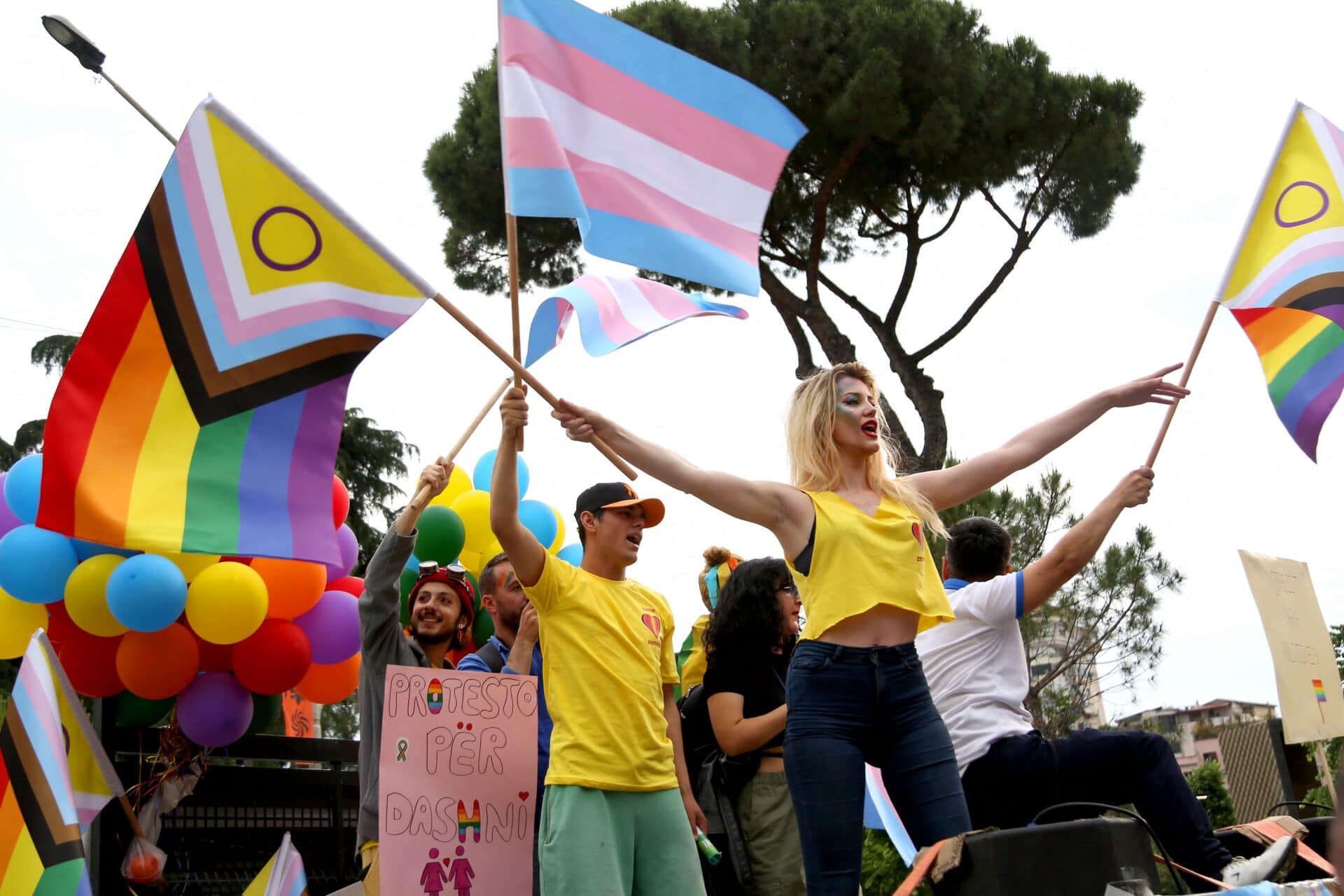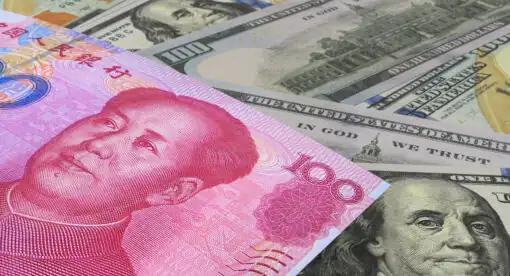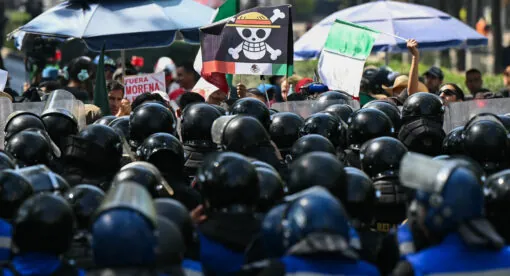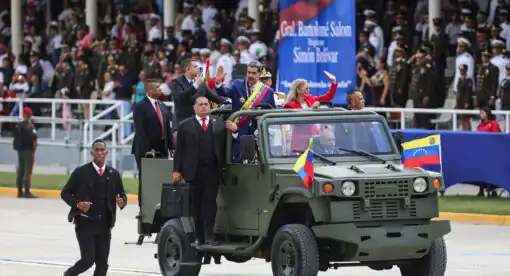This report is part of the larger anthology “Insights into Albania: Internal Struggles and Geopolitical Challenges in the Western Balkans”
Read the report here
Read the full anthology here
On May 17, 2024, during the International Day Against Homophobia, Biphobia, and Transphobia in Albania’s capital Tirana, Alba Ahmetaj and Edlira Maraj, after 15 years together, celebrated their love with a symbolic wedding ceremony on the rooftop of the Municipality of Tirana, surrounded by their two daughters and close friends. It was the first publicly celebrated LGBTQ+ wedding in Albania. Despite same-sex marriages not being legally recognized in the country, Ahmetaj and Maraj leveraged the interpretation of Article 53(1) of the Albanian Constitution, in which it is stated that “Everyone has the right to marry” without specifying the gender or sexual orientation of those wishing to marry.
The ceremony attracted significant attention, particularly from the country’s main religious institutions, which reacted negatively to both the event and the right to same-sex marriage in Albania. Widespread homophobic reactions came from political figures, as well as the broader public, with conservative groups protesting against same-sex unions and LGBTQ+ individuals’ right to become parents.
Albania, which did not experience a sexual or feminist revolution due to the 45-year socialist dictatorship of Enver Hoxha following WWII, and where homosexuality remained criminalized until 1995, is only recently beginning to observe signs of feminist resistance and discourse, particularly emerging from the grassroots level. Nowadays, progressive and intersectional discourse and practice are evident, though they remain largely confined to Tirana. Despite efforts to extend these practices to the country’s periphery, where issues are more severe and being openly LGBTQ+ frequently poses a significant risk to one’s life and wellbeing, progress is steady but slow.
As of July 12, 2024, the latest assessment by the U.N. Office of the High Commissioner highlights that, despite some institutional efforts, the situation for LGBTQ+ individuals in Albania remains dire. Albania adopted the Law on Protection Against Discrimination in 2010 and introduced several amendments to the Criminal Code to strengthen protection for LGBTQ+ individuals. However, as demonstrated in the cases of Ahmetaj and Maraj, the law still does not recognize same-sex partnerships and marriages, LGBTQ+ parenthood, or gender affirmation and transition for transgender individuals. On the other hand, even if the government were to address administrative homophobia, significant work would remain to combat public perceptions and a patriarchal culture of violence affecting the safety, equality, and prosperity of LGBTQ+ individuals.
This article will offer an intersectional and in-depth analysis of the multilayered obstacles faced by the LGBTQ+ community in Albania. It will examine issues such as institutional apathy, noncompliance with nondiscrimination laws and EU standards, and challenges related to health care services, including mental health, housing, education, access to goods and services, and violence based on sexual orientation and gender identity. The analysis will focus on how the community’s intersecting identities influence these challenges and explore how LGBTQ+ individuals and advocacy groups navigate the legal, political, and social barriers in Albania’s semi-authoritarian and patriarchal regime in their struggle for recognition, acceptance, and equality.
The article will conclude by outlining the importance of external financial and political support toward LGBTQ+ advocacy groups in Albania, as well as the significance of the Albanian government and other state institutions’ cooperation and adherence to international human rights conventions, the rule of law, and EU membership that Albania is currently negotiating, with a focus on LGBTQ+ rights.
Gresa Hasa has a degree in political science from the University of Tirana and is working to complete a joint master’s degree in southeast European studies, specializing in law and politics, at the University of Graz and Central European University in Vienna, Austria. She is the co-founder and chief editor of the Albanian feminist magazine Shota. She has over a decade of experience as a grassroots feminist activist across Albania and the Western Balkans and has also worked as an independent journalist and investigative reporter. Her writing covers politics, social issues, and culture. Hasa brings expertise in southeastern European politics, focusing on elections, social movements, nationalism, authoritarianism, and foreign policy.
The views expressed in this article are those of the author and not an official policy or position of New Lines Institute.






